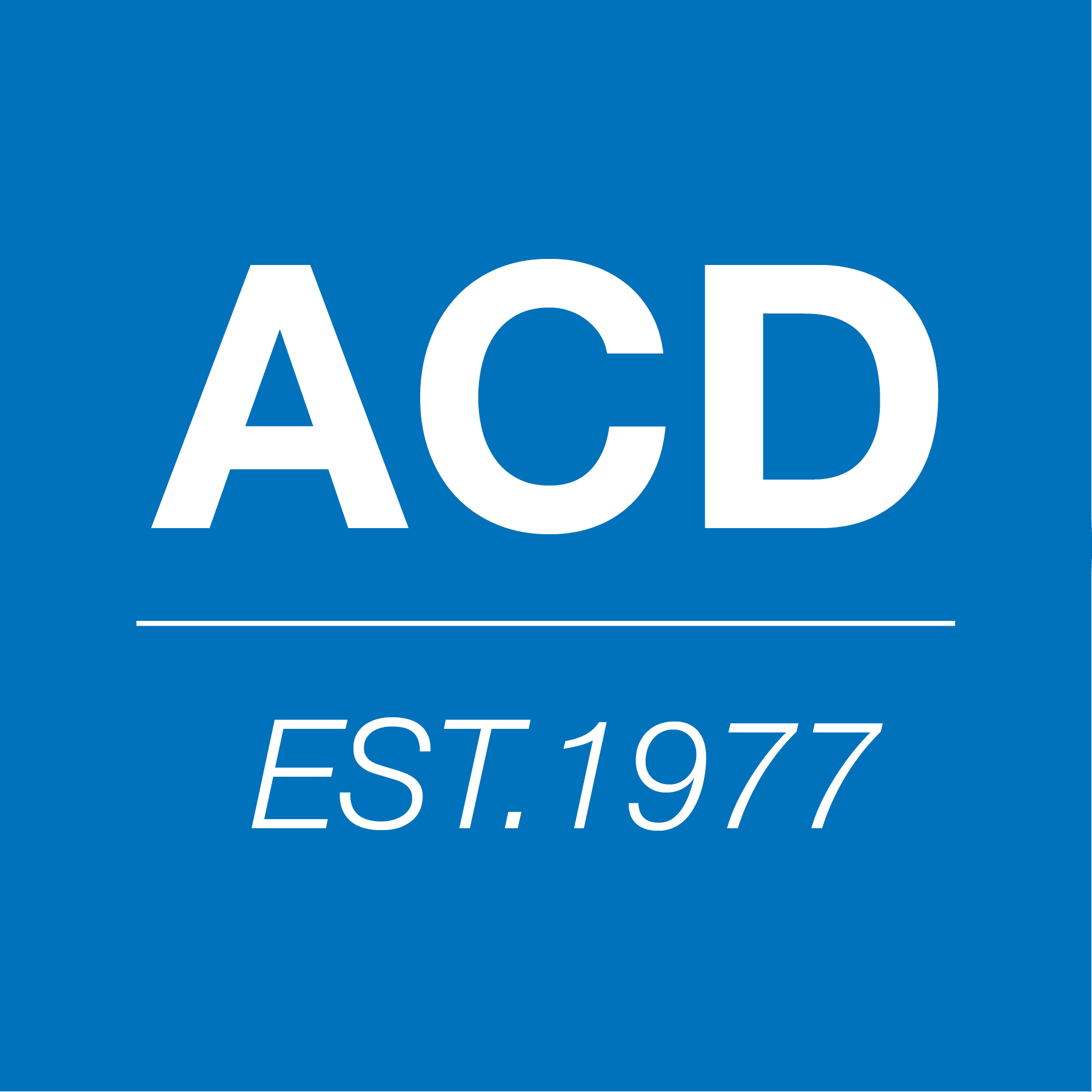July 15-17, 2016 Minneapolis, MN
Host: ACD Board Member James Wheeler
.jpg)
The 2016 ACD conference was three days of valued and valuable exchange. It was an opportunity to learn from peers in the field, share tools and methods, discuss common challenges, and build relationships with community designers from around the country.
CONFERENCE TRACKS:
- Super Collaboration
- How You Do Community Design
- Education and Mentorship
- Tools, Methods and Resources
- Resilient Community Design
CONFERENCE SPEAKERS & SESSIONS:

Rethinking Public-Interest Design Education (Thomas Fisher, Minnesota Design Center)
The online world threatens to disrupt higher education, but it also offers opportunities to re-imagine the ways in which we teach public-interest design and help communities build their capacity to do this work. In this swap session, we will explore these challenges and the possibilities.
Using Social Media (Kristen Jeffers, Kristen Jeffers Media/The Black Urbanist)
In a world of all kinds of digital opportunities, you might not think that you need to send postcards. Or you sent postcards and the turnout was still low and it would have been nice to have had a Periscope or Facebook Live feed running so people could at least see your design boards. Plus, how do you get those things up and running in the first place? How do you manage to update everything when there's so much to update? This session will help you know how to use these tools in a community design setting, help you customize a plan specific to your practice or your project and some of your fellow attendees will be invited to share their best practices and plans.
Resilience + Community Design (Design Duluth Studio + HGA + Virajita Singh, Center for Sustainable Building Research)
With the University of Minnesota being named the Upper Midwest Resilient Design Studio as part of the AIA's National Reslience Initiative (NRI) utilizing a hub structure with a collection of partners, including a series of research centers, and partnerships with architecture firms in Minneapolis and St. Paul, including Perkins+Will and HGA, this session will focus on showcasing and discussing the relevance of resilience in community design work and the various ways it may manifest itself through collaboration.
Thinking Locally, Working Nationally (bcWORKSHOP Dallas + RGV)
Established in February 2008, buildingcommunityWORKSHOP has expanded from a Dallas-based organization to having 3 in-state and 1 national office. While this expansion has allowed [bc] to reach diverse communities and apply public interest design practices, with that diversity comes a learning curve and many challenges.
Instructive Failure (Edward Orlowski, Lawrence Tech University)
There is much to learn from case studies of success, but moments where community design goes wrong can also teach us much about how (and with whom) we practice. This session will discuss the instructive value of failure and post-failure assessment through a series of failure scenarios and how to address failure when it occurs in our work.
Considering a Hierarchy of Community Needs (Mallory Baches, The Civic Hub)
A Hierarchy of Needs of urbanism, and the humanist paradigms within, provide a unique approach to urban design and community-building. Given the central nature of humans in the the function of the urban form, it is worth considering the adaptation of Maslow’s needs hierarchy to the field of urban design. Understanding the innate motivations influencing the human inhabitants of the built realm can lead to more humane approaches to the design, development, and revitalization of our cities.
Place, Planning, + Public Art (Jack Becker, Forecast Public Art)
Forecast Public Art was recently selected through the NEA’s Our Town program, with a focus on Knowledge Building, for a $100,000 grant supporting a two year partnership with the American Planning Association (APA). These funds will support translating Forecast’s deep knowledge of the public art field into learning tools urban planners and related professionals can use to serve mid-sized American cities.
Forecast’s goal is to improve the health of cities and their citizens. The resulting curricula will focus on best practices in planning and designing healthy cities through the public art lens, including ethical treatment of artists, authentic placemaking, meaningful community engagement, and racial and economic equity. This session will focus on developing and strategies of community design in the context of this new partnership.
